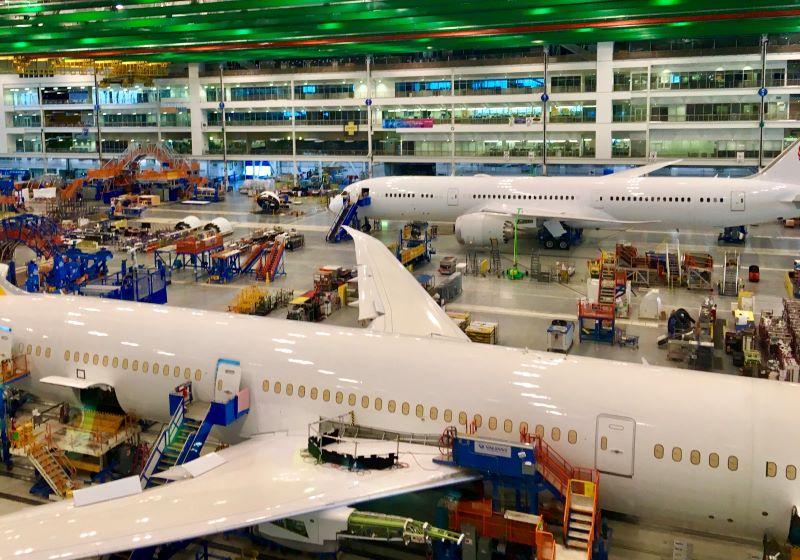
Credit: Sean Broderick / AWST
Boeing is no longer purchasing titanium from Russia, a move that will speed up the company’s push to diversify its supply of the raw material and could affect its partnership with major supplier VSMPO-AVISMA. “We have suspended purchasing titanium from Russia,” Boeing said March 7, confirming a Wall...
Subscription Required
This content requires a subscription to one of the Aviation Week Intelligence Network (AWIN) bundles.
Schedule a demo today to find out how you can access this content and similar content related to your area of the global aviation industry.
Already an AWIN subscriber? Login
Did you know? Aviation Week has won top honors multiple times in the Jesse H. Neal National Business Journalism Awards, the business-to-business media equivalent of the Pulitzer Prizes.

